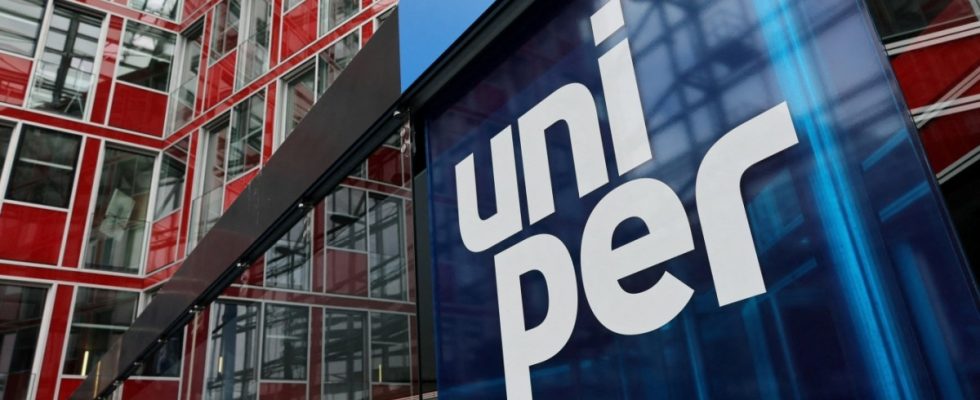Six months ago, the federal government had to save the two gas importers from bankruptcy with amounts in the double-digit billions. But the energy traders who work for the Uniper and Sefe groups can still look forward to bonuses worth millions. The Reuters news agency reports that some of these variable salary components for the past year amounted to more than six million euros. Spokes for the two companies confirmed on Monday that bonuses are flowing; but they did not go up to the height.
The payments are politically sensitive, but legal: as long as the companies are nationalized, it is forbidden by law to pay bonuses to board members. However, since merchants are just ordinary employees, they can continue to benefit from the lavish special transfers. A Uniper spokesman emphasizes that the bonuses for retailers have fallen compared to the previous year. However, “a zero bonus” would not have been “opportune” because “competition for dealers in the energy industry is intense”. In fact, Essen’s rival Eon recently managed to poach some electricity traders from Uniper.
At the company Securing Energy for Europe (Sefe) – that’s what the former Gazprom Germania is called after nationalization – a spokeswoman says that employees “of course received their remuneration in accordance with the existing labor law and legal obligations”. The gas dealers of the Berlin company receive “variable remuneration that is customary in the industry and in the amount that is customary in the market and agreed in the employment contract”.
The two gas importers Uniper and Sefe got into trouble as a result of the supply failures for Russian gas. Because in order to be able to fulfill their long-term supply contracts, the corporations now have to buy the raw material expensively on the market – one of the most important tasks for the energy traders of the companies. Uniper alone supplies more than 500 municipal utilities and a further 500 industrial customers. Insolvency would therefore have jeopardized Germany’s energy security. Therefore, the federal government nationalized Uniper and Sefe and made billions in capital available. At Uniper it is up to 34.5 billion euros.
Uniper is making a profit again – but for how long?
The company, which was formed through a spin-off from Eon in 2016, employs 1,400 people in the trading department worldwide, although the number of real traders is smaller. These buy and sell electricity, coal and gas on international trading platforms; the vast majority of these employees have their desks in the company’s Düsseldorf headquarters. Last year, this division posted a loss of eleven billion euros before taxes and interest – the result of the Russian supply failure and the expensive replacement purchases. In the first quarter of the current year, however, these purchases have not led to any new losses. This is because the price of gas has fallen drastically from the highs seen last summer.
Uniper therefore even made a profit in the first three months of the year and now expects a surplus for the year as a whole. CFO Jutta Dönges warns, however, that “there are still risks in connection with the procurement of replacement gas”. The company’s results “depended significantly on the gas price”. In other words, if the listing rises again, Uniper could make losses again. The majority of the old supply contracts with municipal utilities and industry will only have expired at the beginning of next year; then the importer is rid of this burden.
However, Uniper not only trades in gas, but also has coal, gas and hydroelectric power plants in Germany, Great Britain, the Netherlands, Hungary and Sweden. In Sweden, the German state-owned company is explosively also involved in nuclear power plants. The power plant division makes decent money, but the new CEO Michael Lewis will still have to change a few things here. Lewis is due to start in early July at the latest; Uniper poached the manager from Eon, where he has headed the UK business since 2017.
Putin effectively expropriated Uniper
The man in his mid-fifties is considered an expert in renewable energies, and that fits, because Uniper has to invest heavily in solar and wind power. Last year, Uniper generated almost 61 terawatt hours of electricity, of which a good 38 came from hard coal and gas-fired power plants. Almost two-thirds of production is accounted for by climate-damaging systems that will sooner or later have to be taken off the grid.
The Russian subsidiary Unipro no longer appears in these numbers. With 4,300 employees, it operates five gas and coal-fired power plants. However, three weeks ago the Russian government announced that it had now placed the company under state administration. Uniper wanted to withdraw from Russia anyway – the Kremlin seems to have spared the new CEO Lewis this trouble.

